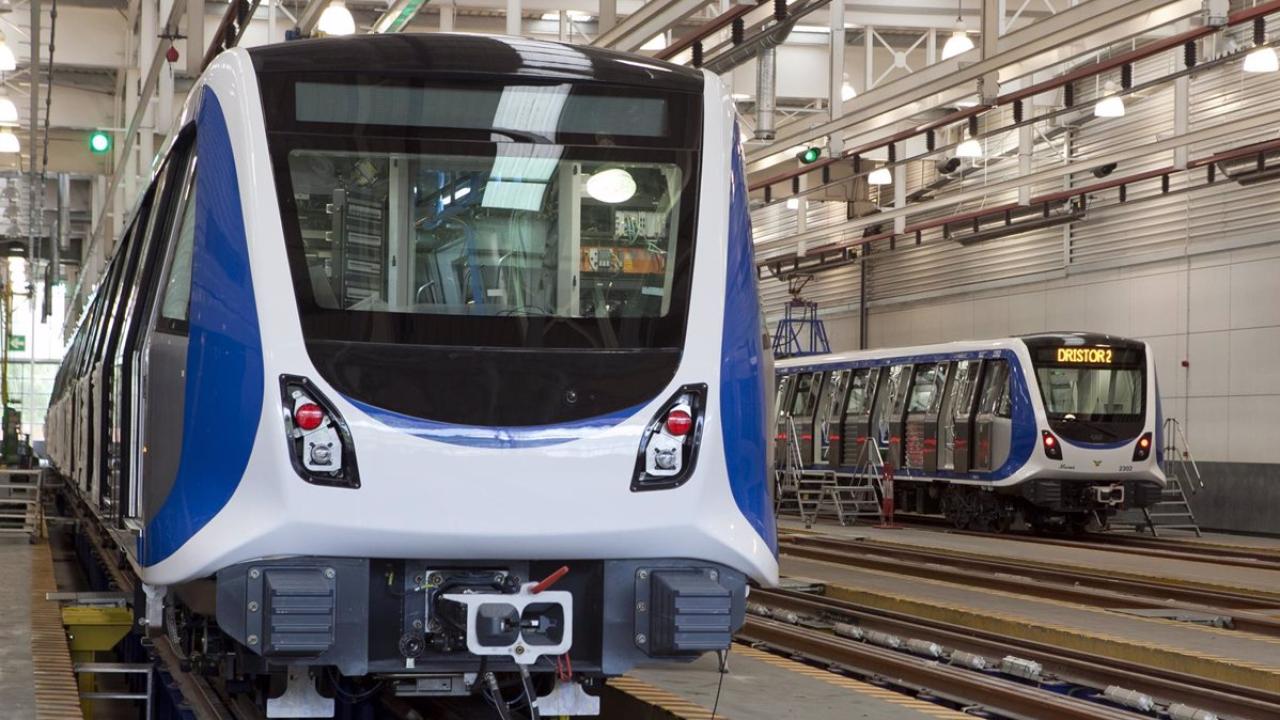
The rail incident, which left two dead and nine injured, has raised renewed concerns about the safety and quality of convoys produced by this company.
In the last few hours, a major train accident occurred in Chile, specifically in the commune of San Bernado, Metropolitan region: a passenger train collided with a freight machine.
Two people died in the incident (from the cargo convoy) and nine others were injured.
Although the causes that caused both trains to meet face to face on the track will be the subject of investigation, the driver of the train from the State Railway Company (EFE) - a passenger transport company - was arrested; and the person in charge of controlling the roads, an employee of the same local state company.
Of course, prosecutor Pedro Aravena Arriagada, from the Western Flagrancia Prosecutor's Office, announced that the speed at which the EFE train was traveling "has not yet been determined," since "the car's GPS system was not working at the time." of the accident.”
That machine, at the time of the accident, did not carry passengers: only workers were there because it was a test trip. Among those representatives of the Chinese state company that manufactures the trains for EFE after winning the tender, which is called CRRC.
The questions that weigh on CRRC in Europe
This newspaper reported that in 2022 the Minister of Transportation, Juan Carlos Muñoz; and the president of EFE, Eric Martin, confirmed that a consortium led by the Chinese state company CRRC had been awarded the manufacturing of the 32 new trains for the Melipilla and Batuco projects, for a total amount of US$ 171 million.
Then, in September 2023, it was published that the company CAF - a Spanish company that also participated in the tender and that has been a supplier to Metro SA - estimated that the offer presented by the Asians to EFE could have been "reckless in nature."
The reason? The values it presented, CAF maintained, were “well below the market.”
In February of this year, meanwhile, the European Commission (EC) opened an in-depth investigation to determine whether the subsidies granted by Beijing to the Chinese public train manufacturing company allowed it to compete with an unfair advantage in a public tender in Bulgaria. .
This was the first investigation under the new European Union (EU) regulation on foreign subsidies, in force since 2023 to control that this public aid does not allow firms from third countries to compete unfairly for European public contracts, after several controversial acquisitions by China in recent years.
“(…) There are sufficient indications that this company has received a foreign subsidy that distorts the internal market,” the Community Executive said in a statement announcing the decision.
The investigation occurred after the Chinese firm Qingdao Sifang Locomotive - a subsidiary of the Chinese state-owned train manufacturer CRRC - notified its participation in a tender by the Bulgarian Ministry of Transport to supply several electric trains and the respective maintenance services.
The Community Executive has until July 2 to make a final decision on this situation.









